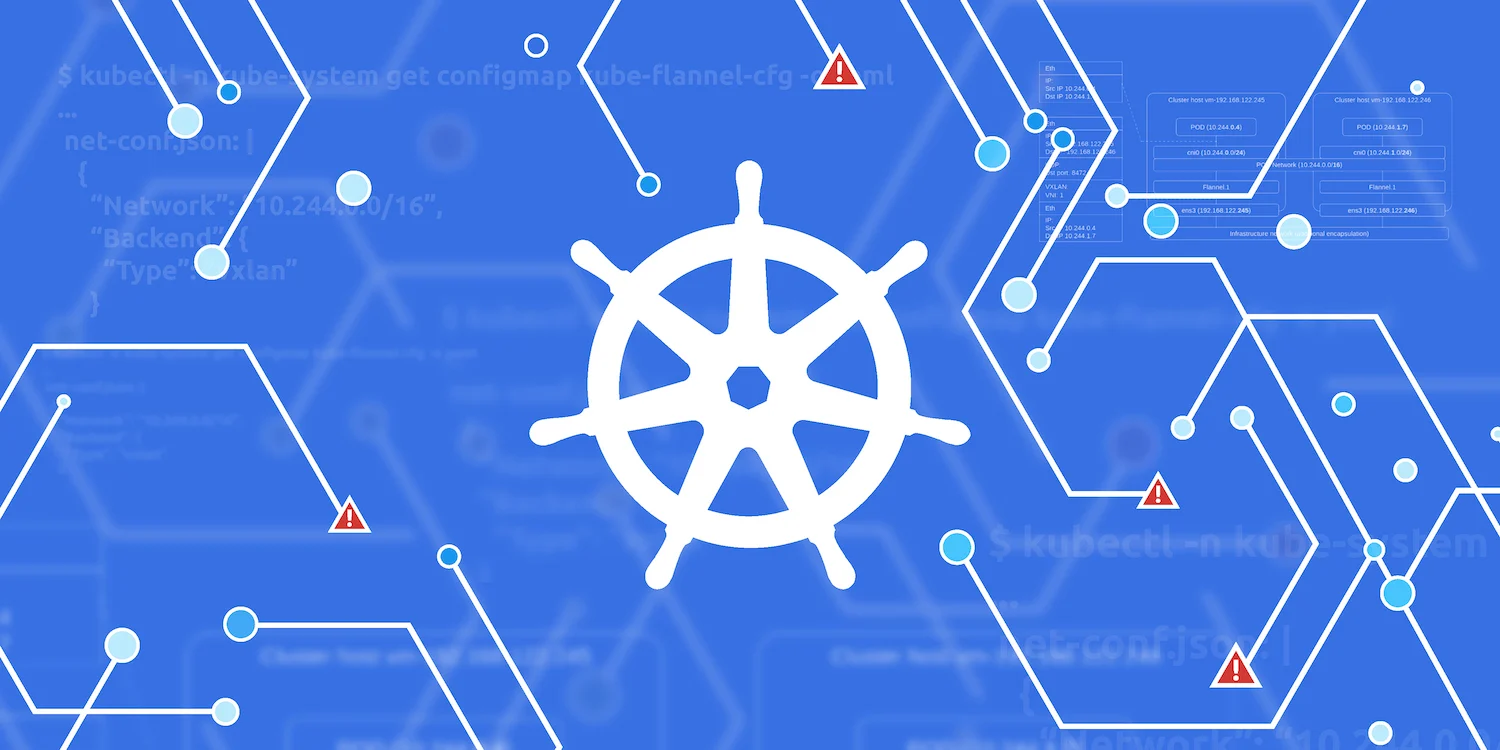What is Kubernetes?
Kubernetes, sometimes abbreviated as k8s, is an open source platform for managing containerized applications. It was open-sourced by Google in the year 2014 starting as a simple container orchestration tool that has now evolved to become a cloud-native platform.
Kubernetes is the most positively impacting technology for the industry and it is by far the most popular platform to manage and orchestrate applications based on containers and has a large, rapidly growing ecosystem.
The past year and a half we have seen how Kubernetes went from being a trend to becoming mainstream. Cloud Native and K8s are on the rise and are nowadays an integral part of digital business models across all industries.
But what makes Kubernetes so popular and loved amongst DevOps?
Containers provide great flexibility for running cloud-native applications on physical and virtual infrastructure and manage to use the underlying server infrastructure highly efficiently. However, this powerful resource needs to be managed in order for it to run smoothly and here’s where Kubernetes enters the picture.
Kubernetes provides a platform that is portable, extensible, and facilitates declarative configuration and automation of many of the manual processes involved in deploying, managing, and scaling containerized workloads and services across live environments.
It supports data center outsourcing, cloud/web-hosting and high-performance computing. If a container were to collapse, another would be programmed to immediately take its place.
Furthermore, the declarative API-driven infrastructure of Kubernetes has allowed teams to work in an independent manner and has helped operators concentrate on their business goals. This has contributed to a higher productivity and autonomy development teams and at the same time decreases the amount of labour.
Thanks to Kubernetes DevOps teams are able to accelerate all data-center orchestration and modernization efforts.
How to know if Kubernetes is right for you?
Today Kubernetes seems to be everywhere, so much so that you might have the feeling of being outdated if you’re not using it.
But making sure you don’t adopt it prematurely just because you are chasing the hype is key to avoid incurring unnecessary costs, wasting time and end up frustration.
Adopting Kubernetes requires a huge time and resources investment. It can have more success in large companies with huge microservices environments such as Netflix or Amazon. For businesses looking to avoid the complexity, we offer a simplified solution that saves both time and money — Kubernetes as a Service (KaaS) solution for any infrastructure.
If you are operating a smaller business there is a great probability that the costs of adopting Kubernetes will outweigh its benefits. A good question to ask is if Kubernetes is going to solve the problems you encounter in your environment, or if it is going to create more.
You should consider using Kubernetes if:
- You are dealing with a large microservice environment
- Your containers needs automation when starting them
- You are willing to operate a few of virtual machines
- You can assign people to do configuration and maintenance of K8s
- You have more than a single service to take care of
- You need to automate a mostly homogenous service deployment
- You need to be cloud (or hosting) provider-agnostic
- Your original monolithic application grew to the point where you can barely see the original monolith
- Your application consists of multiple services and you need to be able to scale them
Do this before going Kubernetes:
- Make sure you have K8s experts in your team
- Address possible security issues from the beginning
- Make sure you have the tools for deployments, observability, management, security
- Try CNCF tools if you go for a managed cloud
- Make sure you have a good reason for doing it
Do you want to start your Kubernetes journey and need guidance on the way? Give us a call today! We will be happy to guide you through the whole process!

